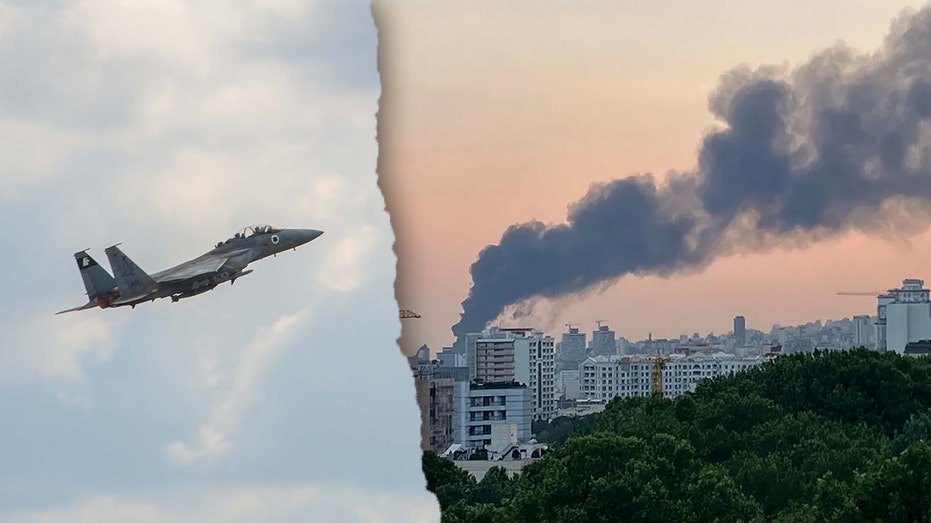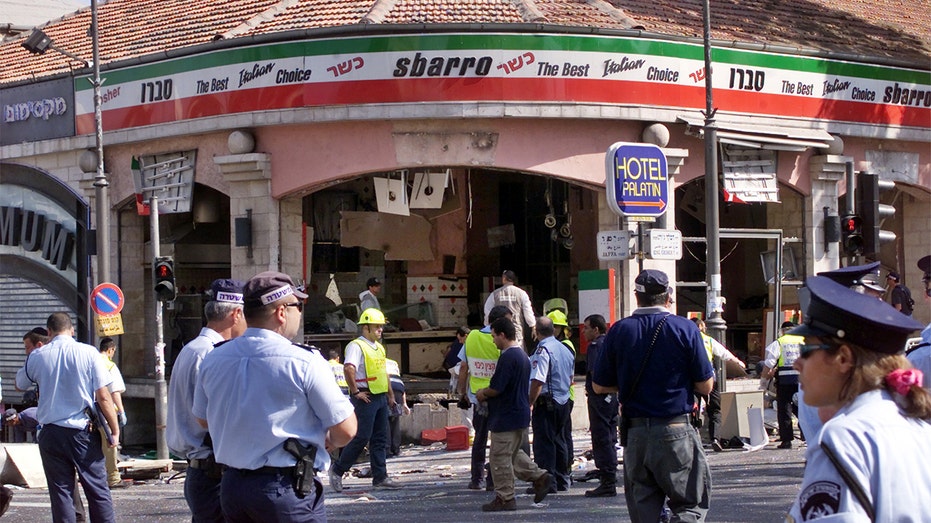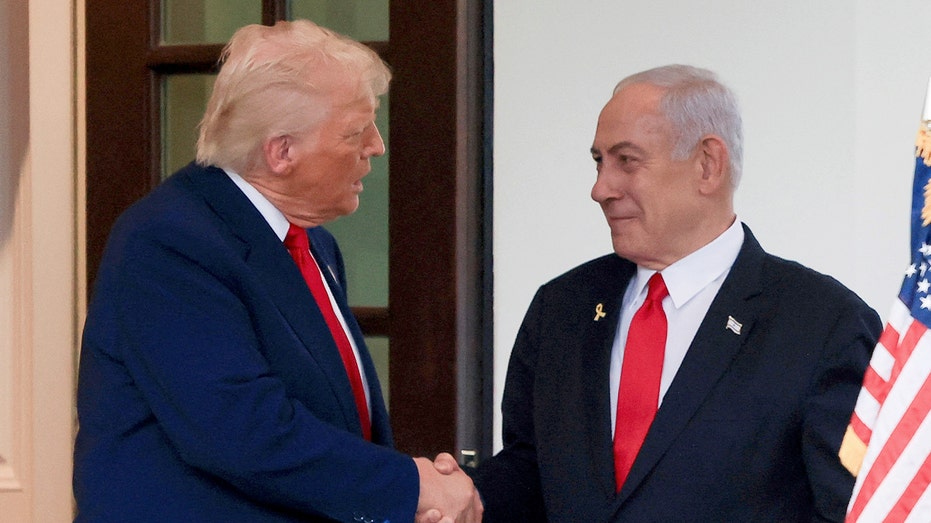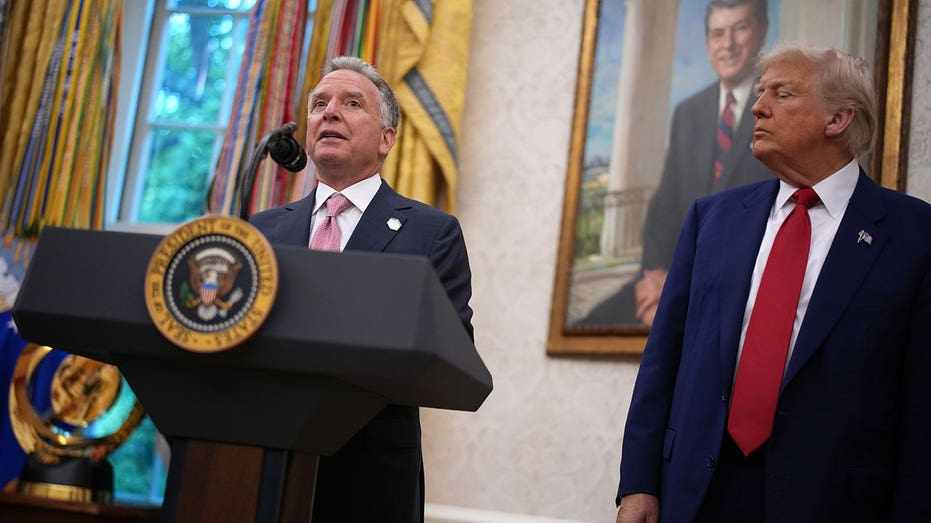Israel’s Historic Strike on Iran: A Turning Point in the Nuclear Threat?

Sarah Johnson
June 20, 2025
Brief
Israel’s military campaign in Iran delivers historic blow, targeting nuclear sites and military assets, but Fordow remains a critical challenge.
Israel’s bold military offensive in Iran has reshaped the Middle East’s strategic landscape, delivering what experts call a historic blow to Tehran’s military and nuclear ambitions. With surgical precision, the Israel Defense Forces (IDF) have dismantled key Iranian assets, from missile launchers to senior military figures, evoking comparisons to the lightning success of the 1967 Six-Day War.
Mark Dubowitz, a prominent voice on Iran policy, described the campaign as a "resounding triumph." He noted that Israel has obliterated much of Iran’s air force, crippled its ballistic missile stockpiles, and eliminated 14 top nuclear scientists—calling them the "Oppenheimers" of Iran’s program. Yet, one critical target remains: the heavily fortified Fordow nuclear facility, buried deep beneath a mountain. "If Fordow stands, Iran can rebuild," Dubowitz warned, urging decisive action to neutralize it permanently.
Iran’s retaliation has been fierce. On Thursday, a missile struck Beersheba’s Soroka Medical Center, wounding hundreds. Despite these losses, Israel’s air superiority over Tehran—bolstered by drones dominating Iranian skies—has stunned observers. Hilla Hadad-Chmelnik, a strategist and former Israeli official, credited years of meticulous preparation, from long-range strike capabilities to battle-tested tactics honed in Gaza and Lebanon. "This isn’t a spur-of-the-moment operation," she said. "It’s a masterclass in intelligence, innovation, and execution."
Israel’s defensive systems, like Iron Dome and David’s Sling, have intercepted over 90% of Iran’s missile barrages, showcasing resilience under unprecedented pressure. Hadad-Chmelnik emphasized lessons from Gaza: neutralizing rocket launchers before they fire, a doctrine now adapted to Iran’s vast terrain. This strategic edge has created a rare opportunity, she argued, for the U.S. to join the effort without risking a prolonged conflict. "With Fordow as the main target left, this isn’t another Afghanistan," she said.
The campaign’s ripple effects extend beyond military targets. By striking Iran’s internal security apparatus, including state media, Israel may have cracked open a window for domestic unrest. Dubowitz suggested that continued pressure on the regime’s repressive tools could embolden Iranians to reclaim their future. "This isn’t just about missiles—it’s about shifting the tide of history," he said.
While the operation’s success is undeniable, the stakes remain high. If Fordow survives, the victory could turn bittersweet. As President Trump weighs diplomatic or military options, the world watches a pivotal moment unfold—one that could redefine the region for generations.
Topics
Editor's Comments
Israel’s playing 4D chess while Iran’s stuck with a checkers board missing half the pieces. But Fordow? That’s the queen still lurking. Why’s it always a mountain hiding the real drama? And here’s a thought: if drones are ruling Iran’s skies, maybe they’ll start delivering protest pamphlets next!
Like this article? Share it with your friends!
If you find this article interesting, feel free to share it with your friends!
Thank you for your support! Sharing is the greatest encouragement for us.



